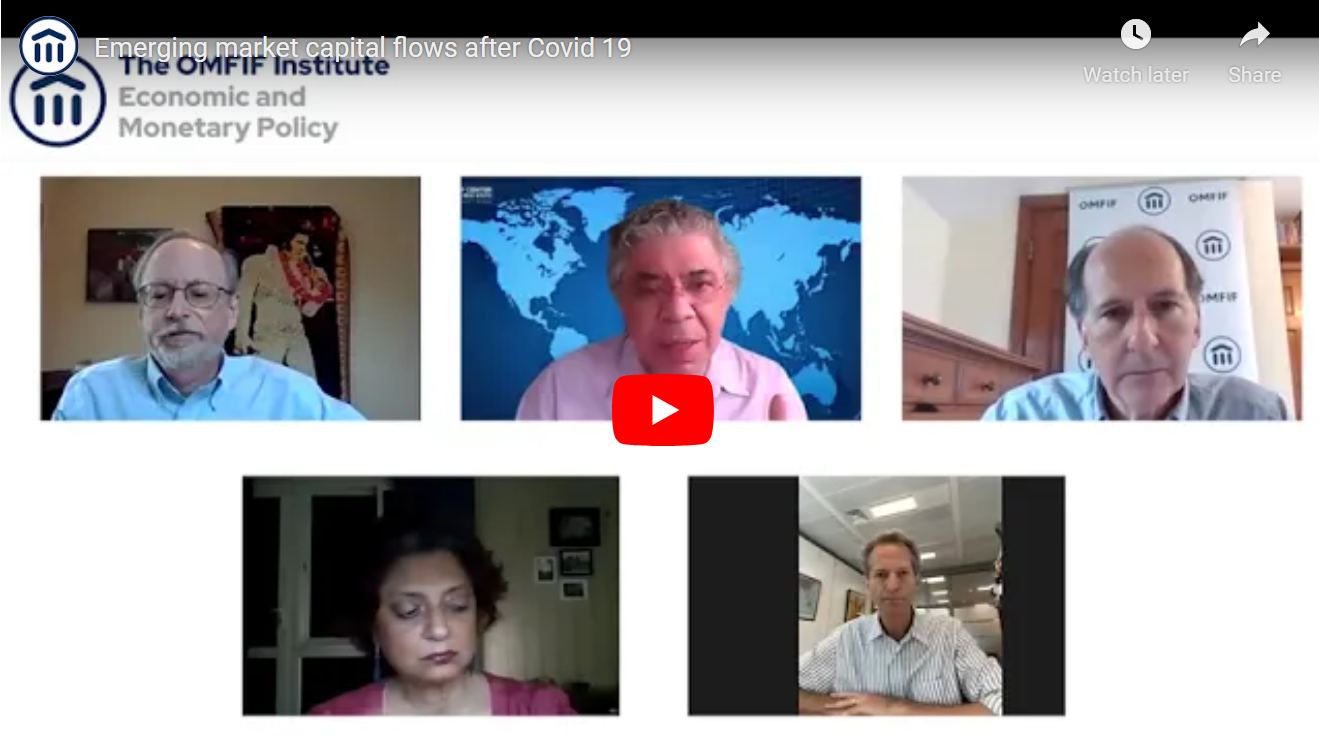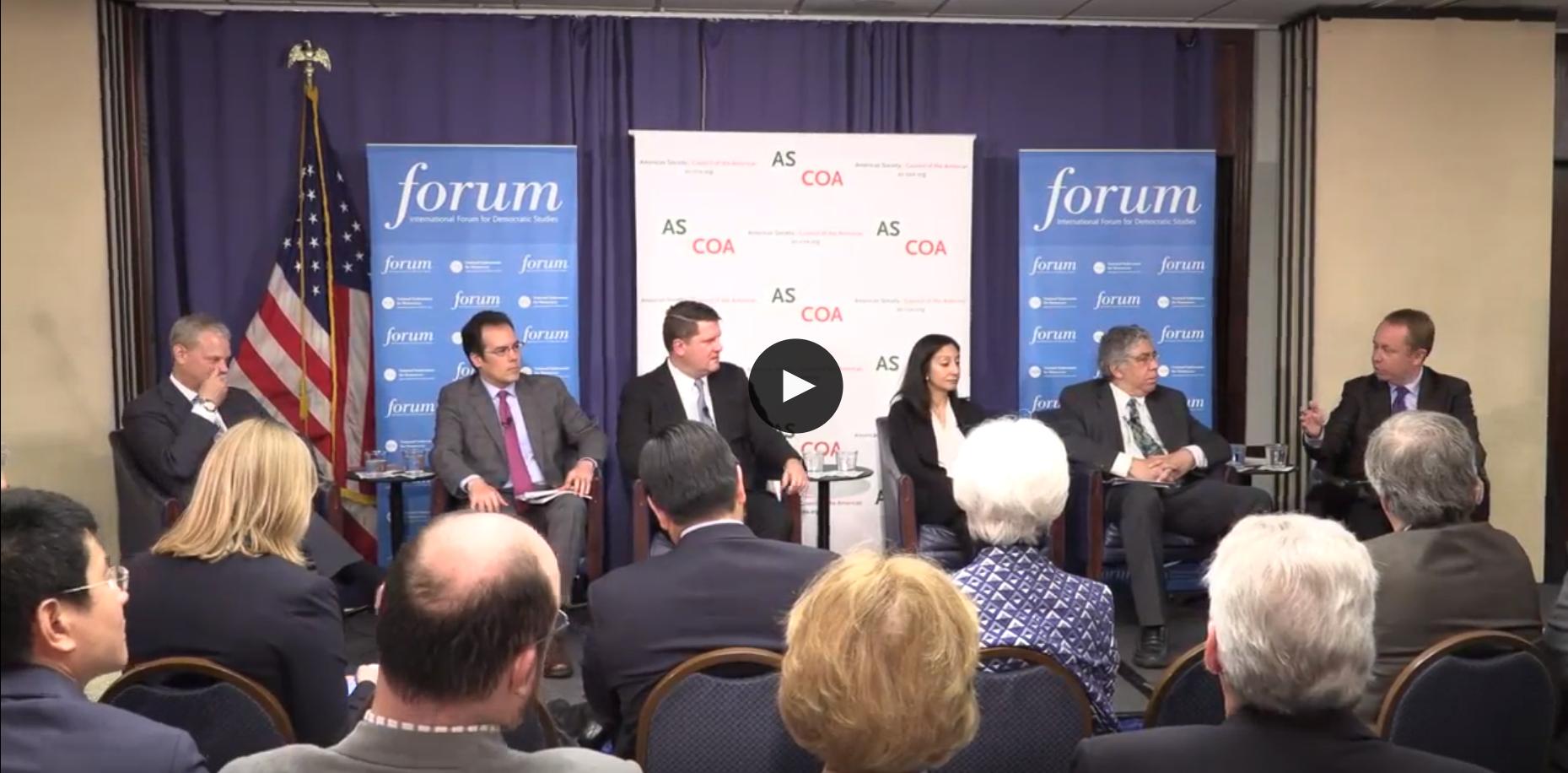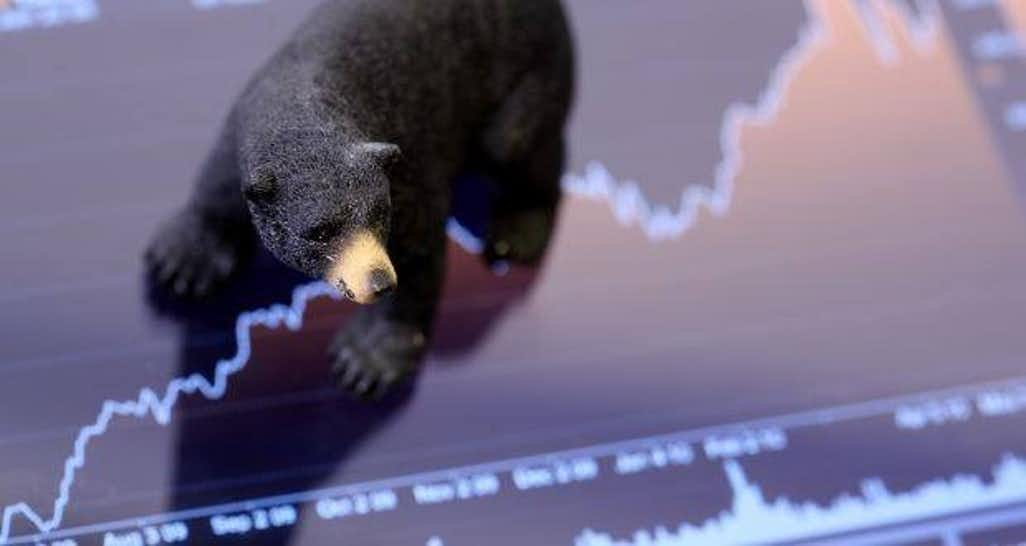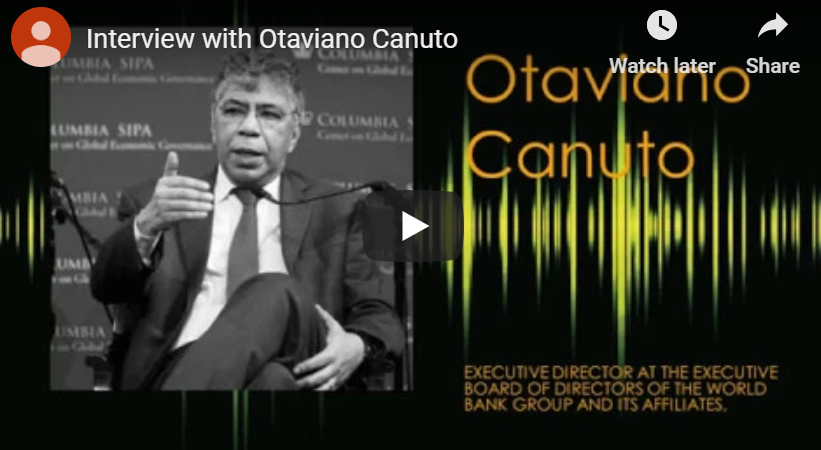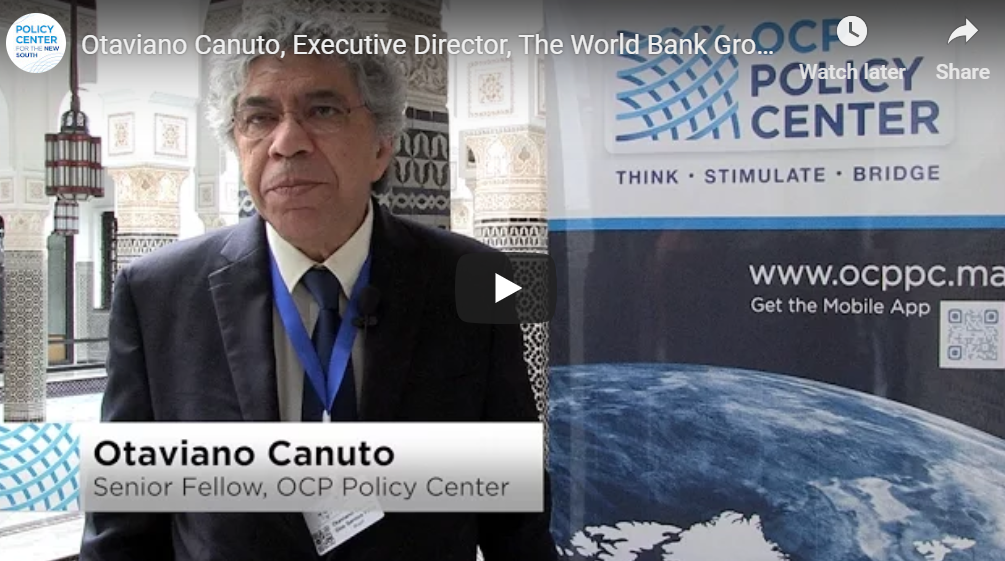Dollar dominance will remain
The heavy financial sanctions on Russia after the invasion of Ukraine sparked speculations that the weaponization of access to reserves in dollars, euros, pounds, and yen would spark a division in the international monetary order. There has been a reduction in the degree of "dollar dominance” with the dollar's share of central bank reserves falling since the beginning of the century. The relative dominance of the dollar appears to be declining but at a very gradual pace.


